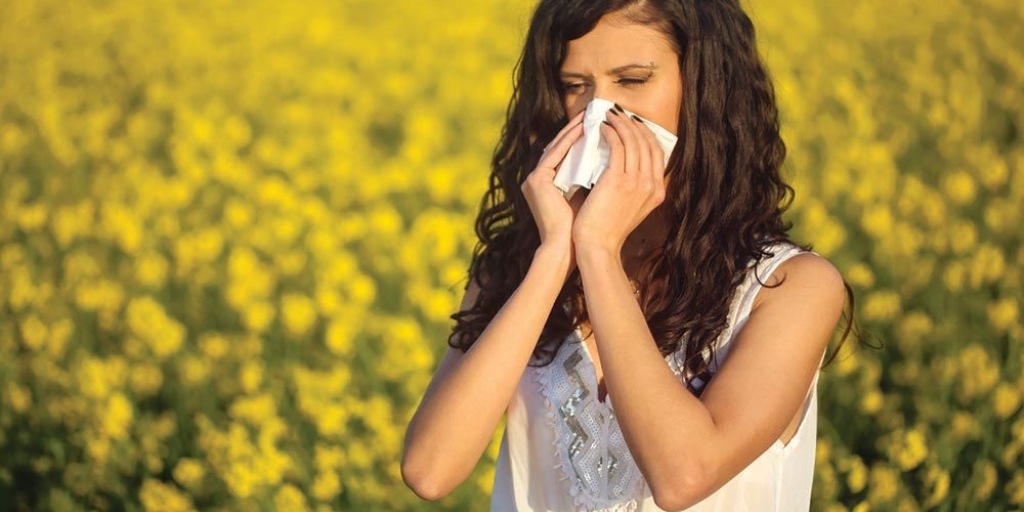Dealing with Spring Allergies

For many people, it’s the same story every spring. You’ve managed to make it through cold and flu season, but now it’s time for allergy season. It’s estimated that over 50 million Americans experience some type of allergic reaction throughout the year, but because of pollen, springtime allergies can really put a damper on enjoying the warmer weather for some people. Read on to learn more about allergies, what plants to try to avoid if possible, and how to get tested so you can Feel Better Faster.
Quick Facts About Allergies
Many of the 50 million Americans that experience allergies every year are affected by them during spring and summer with a condition known as seasonal allergic rhinitis, better known as hay fever. The pollen count can affect the severity of hay fever. Because of gradual changes in climate change, pollen counts have become progressively worse in recent years, leading many more adults and children to experience allergies or more severe allergies than usual.
Rhinitis, or hay fever itself, is categorized by an allergic reaction to the pollen from grasses, weeds, trees, plants, and flowers. While some patients experience hay fever in the spring, some patients suffer allergies all year long, with reactions to things such as dust mites, mold, and animal dander. Some people experience both seasonal allergies and year-long allergies, which can affect quality of life.
An allergic reaction is described as the body’s immune system reacting to a foreign substance, which triggers histamine into the bloodstream. This can cause anything from watery, itchy eyes to sneezing and congestion, depending on the allergy and type of reaction. Antihistamines like diphenhydramine are often used to soothe the reaction.
Allergies can also mimic a cold, especially if your symptoms include chest and nasal congestion, sneezing, coughing, and other cold symptoms. However, keep in mind that a cold only has a short course, while allergies have a much longer stay. If symptoms persist after five days, ideally you should consult a doctor for a checkup.
Plants to Avoid
During a particularly bad pollen season like spring 2019 is predicted to be, it’s a good idea to avoid certain plants and situations so an allergic reaction is not as severe. The pollen from the following plants can be especially detrimental to allergy sufferers:
- Aster
- Beech trees
- Chestnut flowers
- Birch trees
- Oak trees
- Mulberry
- Ryegrass
- Elm trees
- Willow
- Cottonwood
While it can certainly be hard to avoid all these tree and shrub species, particularly if you like being outdoors, avoiding them as much as possible can help ward off allergy outbreaks.
Getting Treated
Allergies can be tough to treat because the only way to truly treat allergies is to know exactly what catalyst is setting off the body’s immune system reaction. However, the right medical professional can isolate different contaminants and environmental factors to figure out just what is causing your allergies.
If you need more information on allergies and need to see a physician, drop by a Trust Care Express Medical Clinic today. With six different locations in the Jackson area, we over both convenience and a higher level of care.
